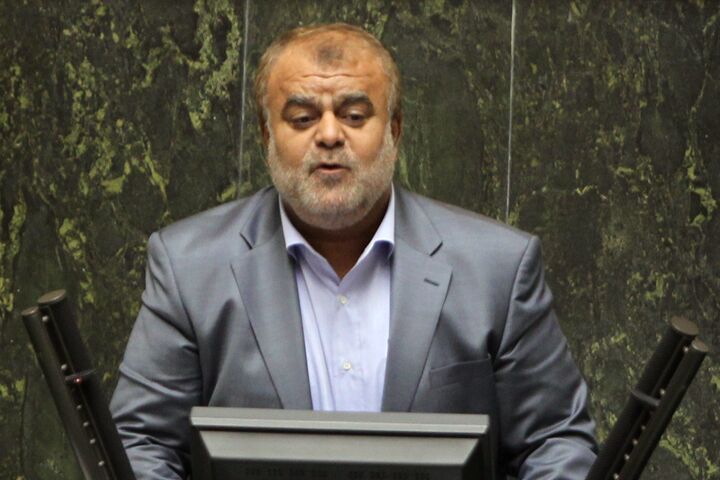
Iran’s Revolutionary Guards Commander Becomes OPEC President
Last Wednesday, a commander in Iran’s Revolutionary Guard Corps became the nation’s oil minister and the president of opec despite his being the target of international sanctions.
Back in October 2010, Iran took over the rotating presidency of opec, so the appointment of Rostam Qasemi as the country’s oil minister automatically makes him the head of the powerful international oil cartel.
Iranian President Mahmoud Ahmadinejad had handpicked Qasemi for the position the previous week, and on Wednesday the Iranian Parliament made the decision official when an overwhelming 216 of the 264 mps members of parliament voted for him. The Guardian said Iran’s national media have interpreted the landslide vote as “a reaction by Iran’s parliament to international sanctions against the country, especially those which have targeted the Revolutionary Guards and the country’s nuclear program.”
For example, the head of the Revolutionary Guards’ public relations department called the vote “a meaningful and crucial response to the attacks against the Guards from the West’s media empire.”
The vote was an act of intentional defiance toward Western powers on Tehran’s part, which comes as no surprise given the Islamic Republic’s track record of such behavior.
Ali Motahhari, the only parliamentarian who spoke out against Qasemi’s nomination, said, “A ministerial position for a military figure in the Oil Ministry means connecting military power to political and economic [power], which may lead to corruption.”
And Qasemi is not just any military figure.
Because of Qasemi’s role in assisting in Iran’s nuclear weapons program, the United States, the European Union and Australia have all levied sanctions against him. Con Coughlin, executive foreign editor for the Telegraph, said Qasemi’s appointment “should send shock waves throughout the global economy” because it means “the fate of world oil prices could rest in the hands of a man who has devoted his whole life to opposing the West.”
Since 2008, Qasemi has been head of the Khatam al-Anbia (the Final Prophet), the Guard’s economic arm. He said he plans to draw on his Khatam al-Anbia connections for his new duties as opec president. According to energy intelligence provider Platts, this could be problematic because Khatam al-Anbiya’s “status as pariah on the international scene is likely to complicate Iran’s efforts to revive a sector plagued by delays and a shortage of cash, modern technology and manpower.” This could equate to an increase in gas prices that are already painfully high.
Qasemi’s appointment speaks most loudly perhaps to Ahmadinejad’s power in Iran. Despite the bickering in recent months between Ahmadinejad and Iranian Supreme Leader Ayatollah Khamenei, and despite Western hopes for a green revolution in Iran, Ahmadinejad’s grip on power remains secure. The parliament’s support of his nomination is a victory for the president, and represents a tightening of his control over Iran’s economy. Ahmadinejad is a former Revolutionary Guard member, and is highly regarded by the organization. His agenda is overtly inspired by extremist religious views, and, by placing a Guard member at the helm of Iran’s economy, he will be able to further it. If Ahmadinejad has a hold on Iran’s oil—and Qasemi’s appointment as Iran’s oil minister is a clear sign that he does—then it means he has a grip over Iran’s economy as a whole. Ahmadinejad would like nothing more than to destabilize the region in order to drive up oil prices. With Qasemi in a position of power, we can expect the already high gas prices to continue to increase, and for Iran’s defiance toward the West to accelerate.
